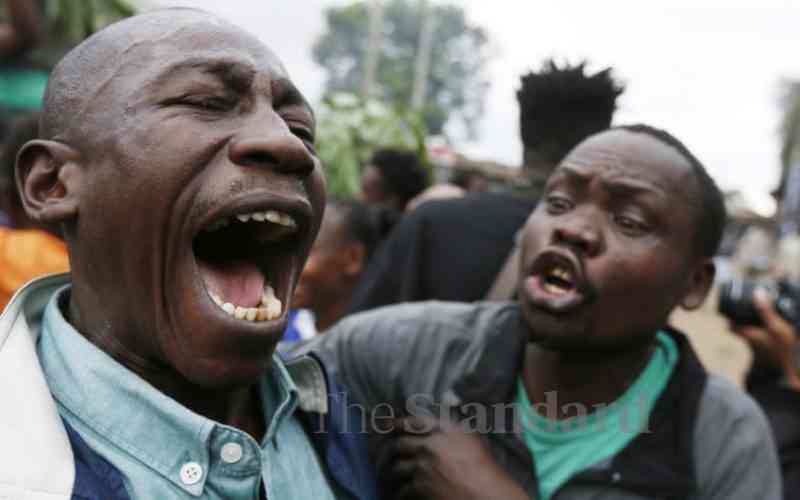
Since 2007, presidential election outcomes have been contested. Following the deadly 2008 election violence, the Kofi Annan mediation team settled for a government of national unity as a middle ground resolution for the parties who were in conflict.
The 2013 presidential election ended up in court, in which the famous ten-minute ruling by Justice Willy Mutunga upheld the result in favour of Uhuru Kenyatta. The 2017 General Election was equally disputed and ended up in the Supreme Court where it was nullified and a repeat presidential election ordered.